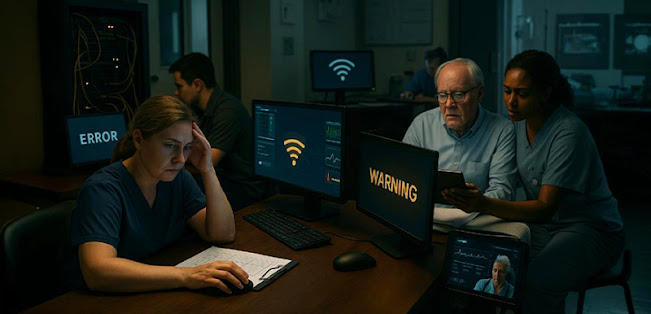Why Mobile Device Security is Crucial for Senior Living Staff

Mobile devices help senior living staff provide better care by giving quick access to medical records, health data, and communication. However, these devices are at risk of being lost, stolen, or hacked, which can compromise sensitive information and resident privacy.
Protecting Sensitive Data
Senior living facilities store protected health information (PHI), which is vulnerable if mobile devices are breached. Without strong security, this data can be exposed, leading to identity theft, legal consequences, and reputational damage.
Security Breach Impact
Breaches can disrupt care, as seen in cases like the Atlas Healthcare CT Data Breach, where hackers stole sensitive information due to weak passwords and no multi-factor authentication. These breaches can lead to significant financial losses and patient trust issues.
Best Practices for Mobile Device Security
- Encryption: Ensures data is safe if devices are lost or stolen.
- Strong Authentication: Uses strong passwords, biometrics, and multi-factor authentication (MFA).
- MDM Solutions: Enforces security policies, monitors devices, and remotely wipes data.
- Employee Training: Regularly educate staff on phishing scams and data protection.
Compliance
Senior living facilities must comply with HIPAA regulations to avoid fines and protect resident information.
In a constantly evolving cyber landscape, investing in strong mobile device security ensures both compliance and resident safety.
Get Read Full Article: https://digacore.com/blog/why-senior-living-staff-need-strong-mobile-device-security/


Comments
Post a Comment